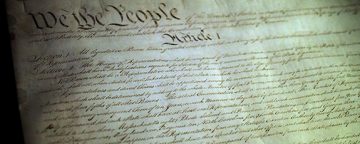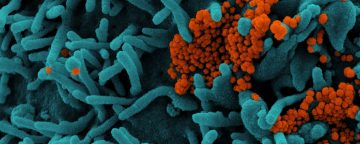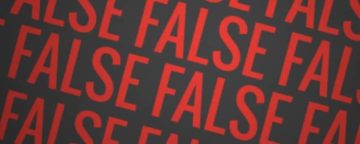Street Law, Inc. has received the 2021 Leonore Annenberg Institute for Civics Award to develop a curriculum for middle and high school students on the rule of law in the United States.


Street Law, Inc. has received the 2021 Leonore Annenberg Institute for Civics Award to develop a curriculum for middle and high school students on the rule of law in the United States.

The Annenberg Public Policy Center’s FactCheck.org has been nominated for a 2021 Webby Award in the category Websites and Mobile Sites: News & Politics.

TV gun violence in popular prime-time broadcast dramas has increased steadily over almost two decades, paralleling trends in U.S. homicide deaths attributable to firearms, APPC research found.

In the April issue of Scientific American, scholar Kathleen Hall Jamieson explains how everyone can debunk misinformation about COVID, vaccines and masks.

FactCheck.org and Univision Noticias have received funding from the Google News Initiative to produce fact checks about COVID-19 immunization misinformation as short bilingual video explainers.

In the American Journal of Public Health, APPC Research Director Dan Romer compares public health strategies for reducing tobacco use in the U.S. with those in Brazil.

The APPC community mourns the passing of statesman George P. Shultz, who delivered an Annenberg lecture, took part in Sunnylands retreats, and was a friend of the Annenbergs.

At a virtual celebration of Benjamin Franklin's 315th birthday, APPC Director Kathleen Hall Jamieson was honored with the 2021 Franklin Founder Award.

A new report from APPC and Penn's Center for Ethics and the Rule of Law addresses national security and the Arctic and the emerging climate crisis.

FactCheck.org has released its "whoppers of 2020" on the year's political fabrications. Once again, President Trump tops the list though President-elect Biden is on it, too.